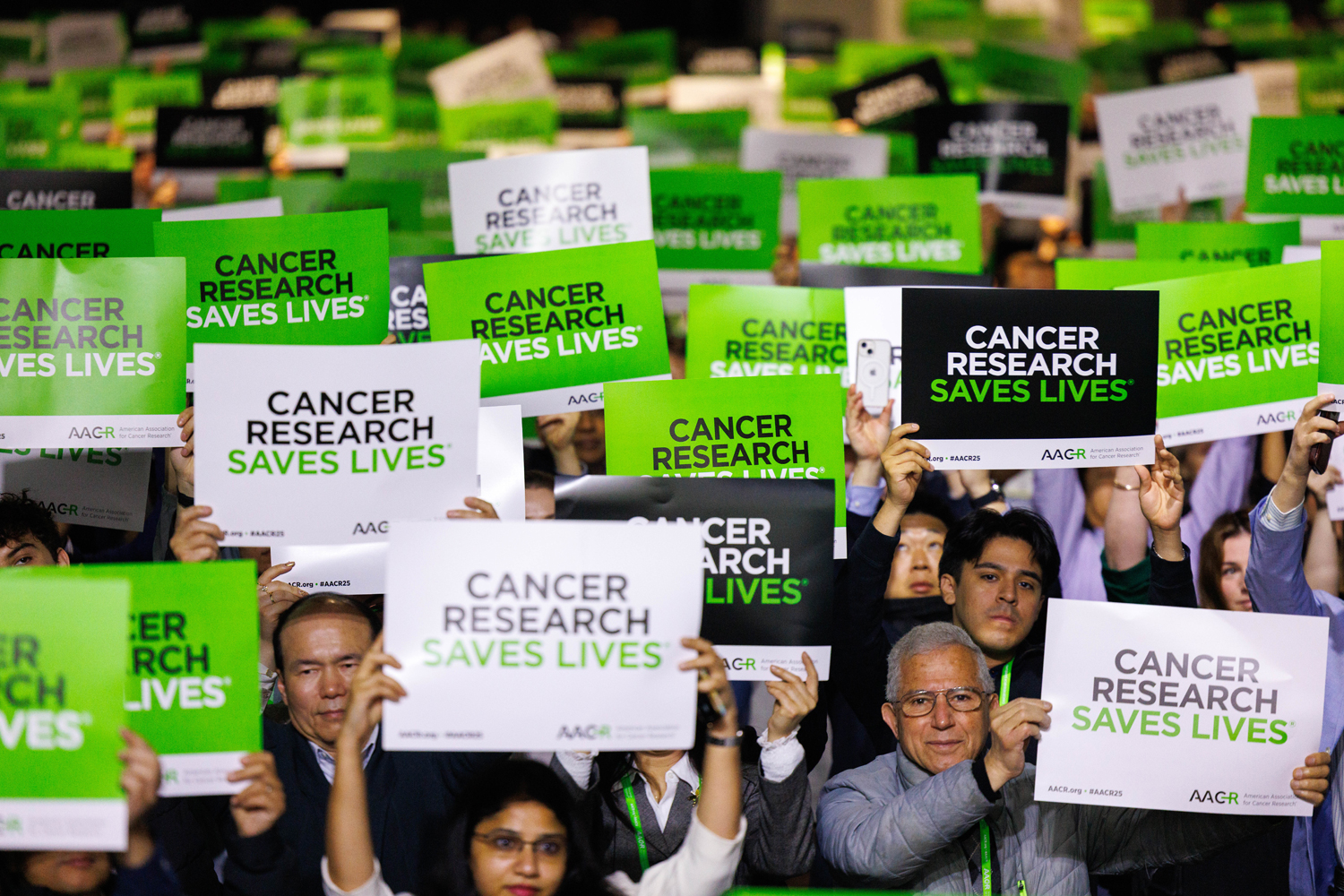
Carly McCallie
WE ARE LIVING THROUGH the most scientifically promising moment in the history of cancer research. Breakthroughs once thought impossible are becoming routine. Scientists are detecting cancers earlier than ever, sometimes before symptoms appear. They are reprogramming immune cells to target tumors and delivering therapies tailored not just to a cancer’s location, but to the molecular changes driving its growth. These advances are not theoretical. They are reaching patients. They are saving lives.
More than 18 million Americans are cancer survivors. Each one is a reminder of the lives saved, the futures changed, and what investment in science means for patients and families. That number reflects what decades of research have made possible: more time, more options, more hope.
None of this happened by chance. It is the result of decades of bipartisan support on Capitol Hill, robust funding increases and a national commitment to science. Since 1991, the cancer death rate has dropped by 34%, driven in large part by research supported by the National Institutes of Health (NIH) and the National Cancer Institute (NCI). Nearly every cancer therapy approved in the past decade has roots in NIH-funded science. Across administrations and party lines, Congress has prioritized this work. It doubled the NIH budget in the early 2000s, supported the Cancer Moonshot and made research a national priority.
The president’s proposed budget for fiscal year 2026 includes a nearly 40% reduction in NIH funding. It marks a stunning departure from decades of bipartisan support. This disinvestment would undermine cancer research and destabilize the ecosystem that sustains innovation. At a time when science is delivering results for patients, these cuts would stall progress, end careers and close the door on lifesaving options that have yet to reach the people who need them most. A cut of this magnitude would set cancer research back a generation.
But the threat to progress is not just financial. It is institutional. Even without these cuts, cancer research is being weakened by growing instability. Administrative turnover, staff firings and disrupted operations at leading institutions are weakening the infrastructure that fuels advances. Programs that once encouraged long-term vision are being phased out. One example is the NCI Outstanding Investigator Award, which provided significant funding for the most accomplished cancer researchers for seven years, allowing substantial time for funded investigators to pursue high-risk, high-reward science with the potential to drive breakthroughs.
The loss of these programs, and uncertainty surrounding future support, is making it harder for scientists to plan, secure funding and move their work forward. Cancer centers are under increasing pressure, threatening not only future research but access to care for thousands of patients who depend on these institutions for cutting-edge clinical trials and treatments. As resources shrink and instability grows, clinical trials are being delayed, scaled back or canceled, cutting off potential lifelines for patients with few or no other options. The cost of inaction is not abstract. It is measured in missed chances, lives lost too soon and the silence of breakthroughs that never come.
What we need now is a recommitment to supporting medical research. At a time when science is delivering real results, we cannot afford to turn our backs on progress. Congress must provide at least $51.3 billion for NIH and $7.934 billion for NCI in fiscal year 2026 to protect what we have built and remind lawmakers that this is not a budget line. It is a lifeline.
This is not about politics. It is about patients. When trials are canceled, patients lose access to treatments that could save their lives. When funding falters, so does hope. These are not abstract concerns. Every setback in the lab is felt by someone in a hospital bed.
We are closer than ever to ending cancer as we know it. Only by protecting the science, the people and the promise that brought us to this moment can we deliver for the millions still waiting for what comes next.
Cancer Today magazine is free to cancer patients, survivors and caregivers who live in the U.S. Subscribe here to receive four issues per year.





